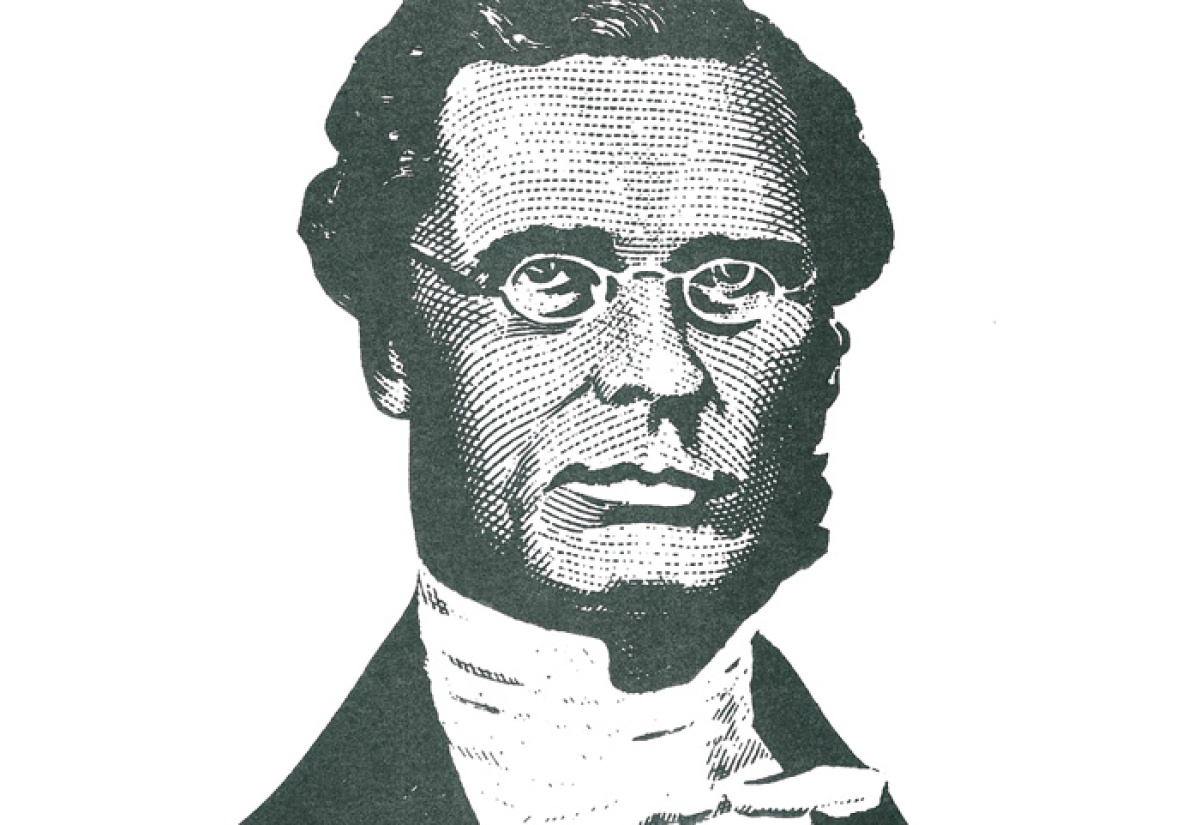Born to a slave mother and a planter father who was attorney to several sugar estates in Jamaica, George William Gordon was self-educated and a landowner in the parish of St. Thomas. In the face of attempts to crush the spirit of the freed people of Jamaica and again reduce them to slavery, Gordon entered politics. He faced severe odds, as the people whose interests he sought to serve did not qualify to vote. He subdivided his own lands, selling farm lots to the people as cheaply as possible, and organised a marketing system, through which they could sell their produce at fair prices.
Gordon urged the people to protest against and resist the oppressive and unjust conditions under which they were forced to live.
Gordon was arrested and charged for complicity in what is now called the Morant Bay Rebellion in 1865. He was illegally tried by Court Martial and, in spite of a lack of evidence, convicted and sentenced to death. He was executed on October 23, 1865.
Gordon was one of three persons conferred with the Order of the National Hero in 1969 as per the second schedule of the National Honours and Awards Act.


